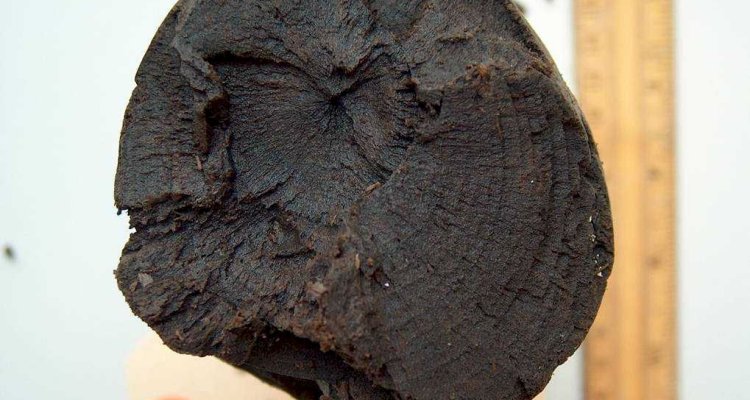
Project
Reconstructing the world of the Dodo at Mauritius
In 2005 a 4000 year old fossil deposit at Mare-aux-Songes, Mauritius was discovered that had preserved a unique, pristine and near-complete ecosystem comprising both plants and animals including bones of the now extinct Dodo (Raphus cucullatus).

During fieldwork in 2006 and 2007 a huge amount of subfossil wood is collected. The wood anatomy of these remains will be studied (i) to identify the woody species and reconstruct the past woody vegetation and (ii) to determine whether or not the trees were growing under seasonal climate conditions. The latter is interesting as Mauritius forms a key area to reconstruct (changes) in monsoon activity in the past. Ongoing work by the Dodo Research Programme (DRP), an international multidisciplinary research initiative involving members from 15 research institutes in Europe and Mauritius, aims to reconstruct the palaeoecology of this prehuman, tropical island environment. This knowledge will be crucial for understanding the impact of man and climate change on the stability of tropical ecosystems.
Cooperation
- Tamara Vernimmen, BotanicAll Archaeobotanical Research, Amsterdam
- Imogen Poole, Department of Earth Sciences - Geochemistry, Faculty of Geosciences, Utrecht University
- Kenneth Rijsdijk, Geology Department, Naturalis National Musuem of National History, Leiden
Publications
- Vernimmen, T.; Poole, I.; Sass-Klaassen, U.; Rijsdijk, K.; Jayasena, R. (2007). Ancient wood remains from Dodo Island. Poster presented at the International conference on wet organic archaelogical materials (ICOM-WOAM), Amsterdam, 2007 (JPG 308 KB)